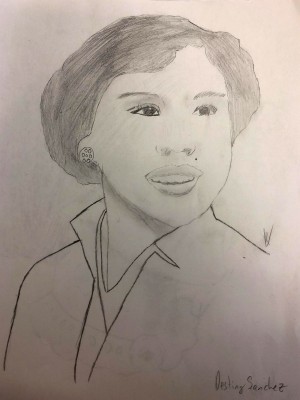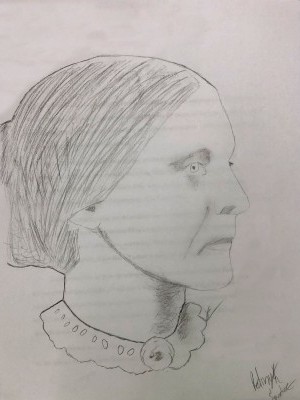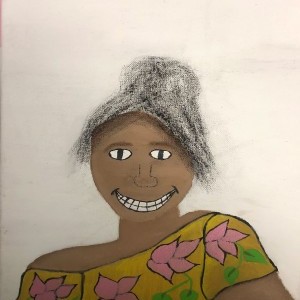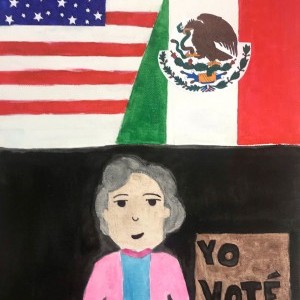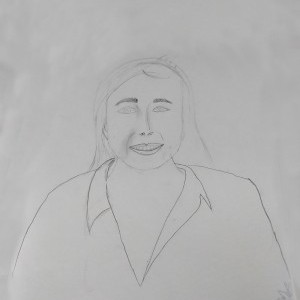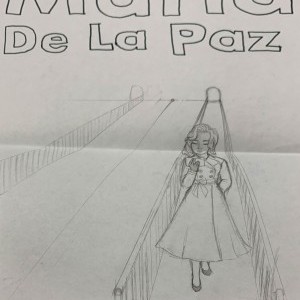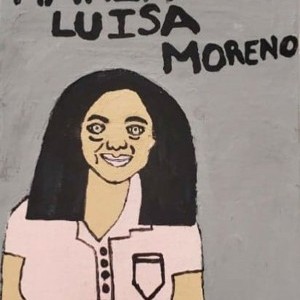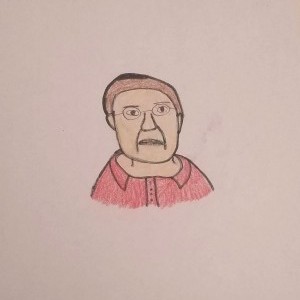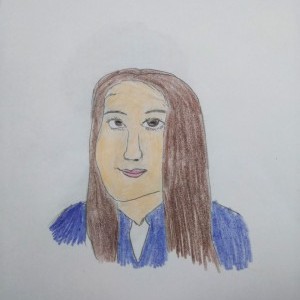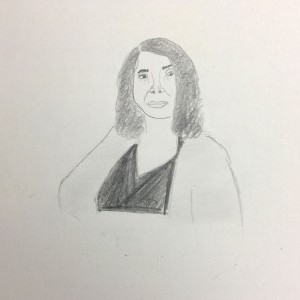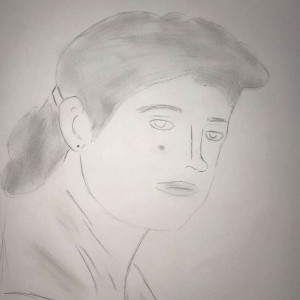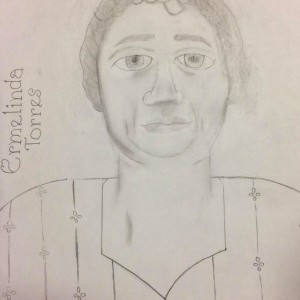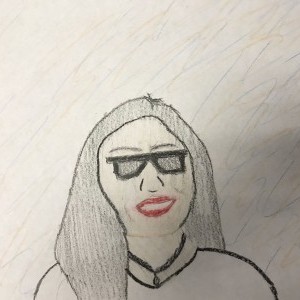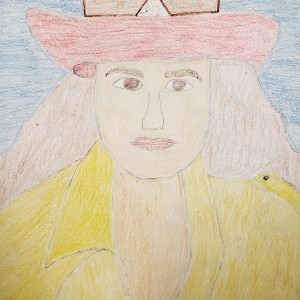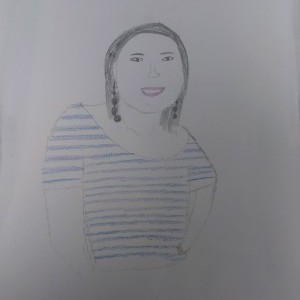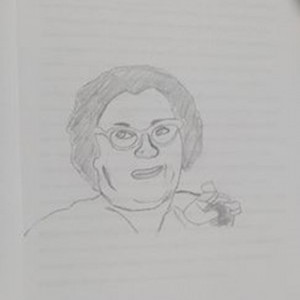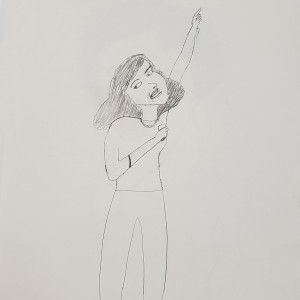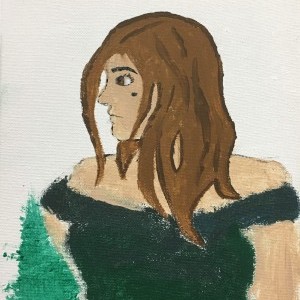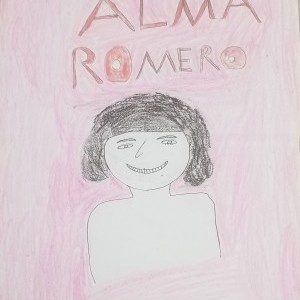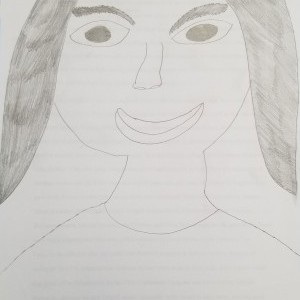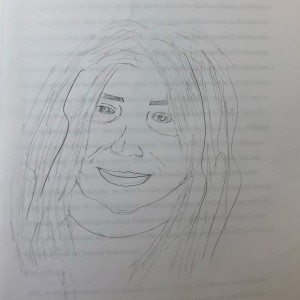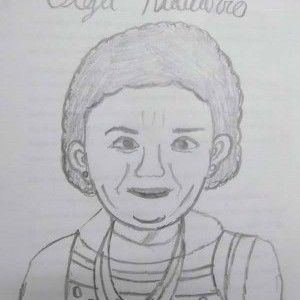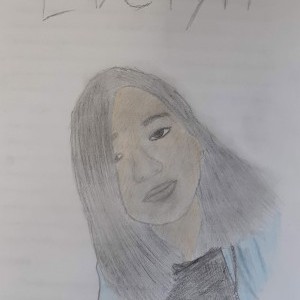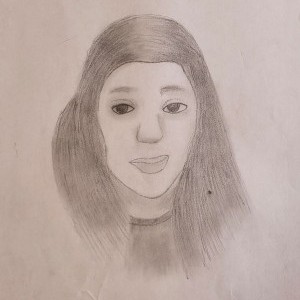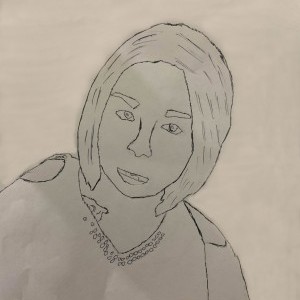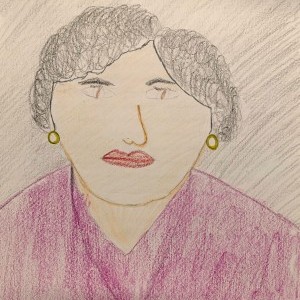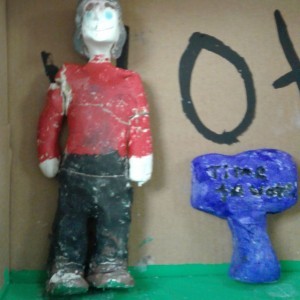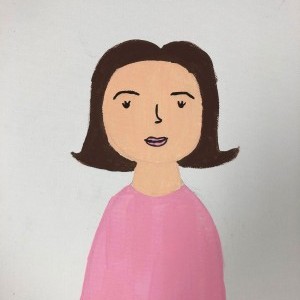Destiny Sanchez
García Early College High School | Laredo, TX | 10th Grade
Inspirational Family Member
My Great-Aunt Cande
On April 30, 1789, America had the very first presidential election where voters cast ballots to choose state electors and in that time only white men who owned property could vote. Women were seen as the inferior gender which was the main reason why they were not allowed to vote. On June 4, 1919, the idea was passed by congress and ratified on August 18, 1920 for the right for women to vote. On February 2, 1932, my great-aunt Candelaria Reilly was born and once she turned eighteen she became the first woman to vote in my family. Today, she is exactly eighty seven years old, and in this essay i am going to be telling her life and what happened around it.
To start off, Cande was born around the time of the Great Depression. There was the Wall Street Crash in 1929, and banks began to fail around the year 1930. There was still an economic cost for WWI which was a problem stifling investment. Now that we understand a little about the time she was born in, we can move on to her life. Candelaria usually goes by Cande as she is called by our whole family. She has four siblings, my grandmother María Elena Sanchez, Teresa Falcon, Luis Vargas, and Joaquin Vargas.
Cande was born and raised in Laredo, Texas, and lived in a small house in South Laredo. Cande didn’t vote until she was of age which was eighteen. To her the most important thing was her family, she believed that during the Great Depression she had to look out for them and make sure that they had their necessities. Cande soon came to the idea of voting for presidential elections and believed that politics were another important factor to living in the United States.
In summation, my aunt Cande believed that voting was a very important thing that sent a message, she believed and believes in women’s rights and most importantly wants other people to believe it too.
Historical Figure I Admire
Lucy Burns
Lucy Burns was born on July 28, 1879 in Brooklyn, New York and passed away on December 22, 1966 in Brooklyn. She was an American Suffragist meaning she fought for the right to vote on political bases. She had political organizing and militant tactics that helped establish aid for a federal constitutional accord guaranteeing women the right to vote.
Now that we have a better understanding of who Burns was, we can move to her early childhood. According to the Editors of Encyclopedia Britannica, Burns had seven siblings, not including her, she was the fourth child of the eight children. Burns' father believed in educating children of both genders. She graduated from Vassar College in Poughkeepsie, New York in 1902. During her university days, she did graduate work in linguistics at Yale University in New Haven, Connecticut, and then taught English at Erasmus Hall, a public high school in Brooklyn, and at the Universities of Berlin, Bonn, and Oxford. While in England, she became interested in the fight to gain the vote for women. Burns also left school to work full-time for her passion.
Burns was a close comrade of suffragist leaders Emmeline and Christabel Pankhurst, in which she was awarded special medal of Pankhurst’s Women’s Social and Political Union for her bravery she showed in the event of multiple arrests and the prison hunger strikes. She eventually returned to America in 1912 where along with Alice Paul, she started a debate for a constitutional amendment to give women the right to vote. They formed the Congressional Union for Woman Suffrage around 1913, which later triumphed as the national Woman’s Party. Burns made many contributions to help gain the vote, such as, helping to organize political campaigns, edited The Suffragist, and even went to jail for violation, going from covering Washington’s sidewalks with suffragist messages against President Woodrow Wilson during World War I.
After the confirmation of the Nineteenth Amendment on August 26, 1920, Burns returned back to Brooklyn with her sisters. She eventually died in 1966 after taking comfort in her commitment to the Roman Catholic religion, and leaving an impact on women’s right to vote today. Burns’ childhood influences –like her father– gave her the conviction to fight for what was right which was fighting for women’s right to vote. She also gained many allies along the way, which also spread the word and influences around the United States of America, to inform women around the nation that women’s rights were not only about voting but complete politics, and that it was an important subject that needed to be discussed.
Back in the early 1900’s, women did not have the vote as they were often degraded by men who believed that they were a lower class, they did not have a part in politics and had no influence on the world. Women decided to take a fight and do what was right for them. If they had decided not to take this decision, we would not have rights today or any influential impact on the world.
In summation, many women were impactful and influential in the Women’s rights Movement and the woman that I chose, Lucy Burns, was a very important one from her early adolescence with her father’s beliefs, to the end of her successes. Thank you.
SOURCES +
What the Project Means to Me
Learning about two amazing women that had a part in voting and women’s rights was such an impactful experience on my perspective as a young woman. Seeing, researching, and writing about Lucy Burns who played a huge role on women’s rights today made me believe so many positive things that I was honored to be writing about how she was able to grow up with a family who helped her believe that women should have their own rights just as men do. Along with hearing Burns’ story, learning about my aunt was also an impactful experience. I learned so many things that I did not know about her such as, she traveled across the United States, and she was an RN nurse. I believe that reflecting upon such great and amazing women is something that needs to be shared with everyone.
Explore the Archive
More From This Class
Click on the thumbnails below to view each student's work.Deadline Extended
There's still time to join Women Leading the Way.
Become a part of our storytelling archive. Enroll your class today.
Join the Project

